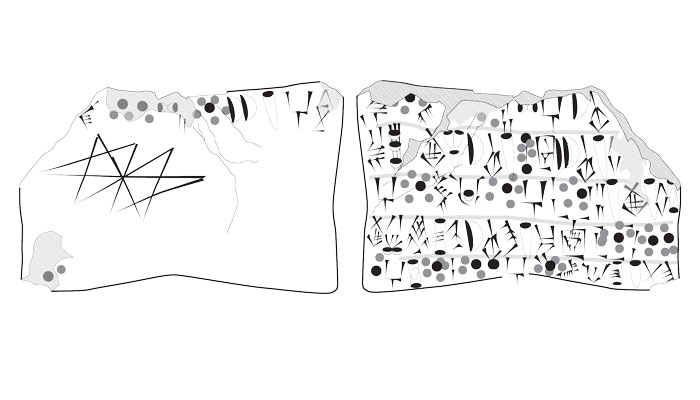
Copy of a clay tablet from ancient Susa (c 3000 BC), first published by Vincent Scheil in 1923 (as MDP 17, 36), copy by J.L. Dahl, original in the Louvre Museum, Paris. Photo copyright: J.L. Dahl
From Drunken Wagers to Artificial Intelligence: Deciphering the Earliest Scripts of Western Asia
GETTY CENTER
Museum Lecture Hall
This is a past event
The ability to translate cuneiform writing came about without a Rosetta Stone. Rather, a bet at a German bar led to the initial breakthrough with Old Persian cuneiform. Next, the decipherment of Assyrian and Babylonian cuneiform gave late 19th-century scholars unprecedented access to sources confirming or challenging the Greek, Roman, and biblical accounts of Western Asia. In this talk, Assyriologist Jacob L. Dahl discusses the lively history of the decipherment of the earliest scripts from Western Asia—and its future, in which AI tools will help make source material open to all.
Jacob L. Dahl is professor of Assyriology in the faculty of Asian and Middle Eastern studies and fellow of Wolfson College at Oxford University. He specializes in late 3rd millennium BC administrative history and the invention and early spread of writing in the ancient Near East.